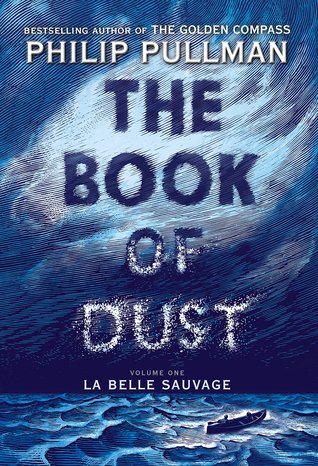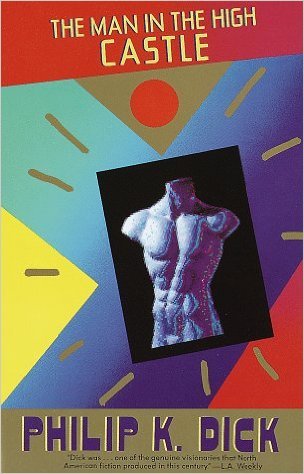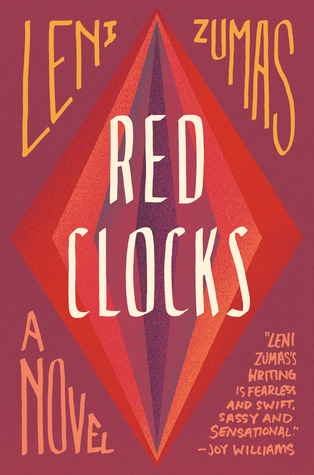
La Belle Sauvage is set in the same world as The Golden Compass. Lyra is just a baby (six or eight months old), and is put in a priory to be cared for and raised by the nuns. The main character in this book is a boy named Malcolm. His parents are innkeepers and he lives across the river from the priory. Malcolm is precocious, friendly and curious about the world around him. He helps out at the inn and enjoys chatting with Oxford scholars who frequent the establishment. He also knows the nuns and helps the carpenter who is making shutters for the priory windows. I really enjoyed spending time with him,
La Belle Sauvage is the name of the canoe, which Malcolm takes out on the river when he goes into town. The canoe ends up playing a major role in the book as Malcolm sets out to save baby Lyra when a big flood hits the area, demolishing the priory. Malcolm and Lyra are joined on the quest by Alice, a serving girl who works at the inn owned by Malcolm's parents. She and Malcolm generally do not get along. But thrown together by the turn of events, they make a great team and both grow tremendously as characters.
The book is suspenseful, fast-paced, unexpected, but also filled with deep philosophical questions such as: is matter conscious, what are the dangers of theocracy, how can a truly evil person be attractive, etc. I loved the characters, the world and the plot. 5 out of 5 stars.

